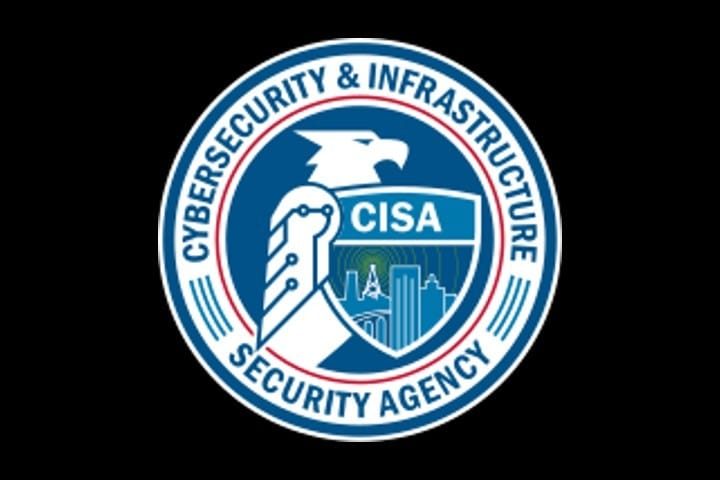
Although the Department of Homeland Security (DHS) claimed to have shuttered its Disinformation Governance Board in August, it seems as if the work of controlling speech and thought carries on.
A story published in the Washington Examiner reveals that the work tasked to the Disinformation Governance Board has now been secretly assigned to Homeland Security’s Cybersecurity and Infrastructure Security Agency (CISA).
This reassignment of the censoring of online speech was confirmed in a tweet sent out by the director of CISA, Jen Easterly:
One could argue that we’re in the business of protecting critical infrastructure, and the most critical infrastructure is our cognitive infrastructure.… We now live in a world where people talk about alternative facts, post-truth, which I think is really, really dangerous if people get to pick their own facts.
Given the immense and untouchable power wielded by bureaucrats such as Easterly, there is no question that “protecting … our cognitive infrastructure” means controlling what we are allowed to think.
While such censorship is quite obviously beyond the boundaries of authority granted to the federal government by the states and the people in the U.S. Constitution, it is equally obvious that the number of federal agencies or departments that pay any attention to constitutional limits on their power can be counted on one hand.
The Examiner article presents statements made by Easterly at a recent congressional hearing on what work is carried on by her agency:
When questioned about the agency’s involvement in curtailing what the Biden administration considers disinformation and misinformation—like falsely labeling the Hunter Biden laptop story as “foreign disinformation”—she firmly asserted that the agency is only involved in tackling foreign, not domestic, disinformation.
And when asked whether her agency has a habit of working with Twitter to flag or censor what it considers disinformation leading up to elections, Easterly absolutely denied it, saying, “We don’t flag anything to social media organizations at all … we don’t do any censorship.”
Apparently, Easterly’s idea of censorship and the accepted definition of that word aren’t the same.
Here’s more of the story from the Washington Examiner:
The Election Integrity Partnership (EIP ), created in 2020 in consultation with Easterly’s agency to “work with government and civilian stakeholders to combat mis- and disinformation on social media about voting and elections,” has “received more than $12 million in federal grants since Biden took office.” The partnership is still fully functioning.
In its own 2021 report , the Election Integrity Partnership stated in relation to elections:
“Dozens of federal agencies support this effort, including the Cybersecurity and Infrastructure Security Agency (CISA) within the Department of Homeland Security, the United States Election Assistance Commission (EAC), the FBI, the Department of Justice, and the Department of Defense. However, none of these federal agencies has a focus on, or authority regarding, election misinformation originating from domestic sources within the United States. This limited federal role reveals a critical gap for non-governmental entities to fill. Increasingly pervasive mis- and disinformation, both foreign and domestic, creates an urgent need for collaboration across government, civil society, media, and social media platforms.”
According to reports, the Election Integrity Partnership “prioritize[s] … swing states over non-swing states” in its reporting of “misinformation” to the American public and has been exposed for targeting conservative news sources.
Targeting conservative news sources is routine for the federal government. We’ve had stories of the IRS targeting conservative businesses; the CIA, NSA, and FBI controlling messages posted on social media; Democrats in Congress investigating conservative organizations and individuals while crimes of leftists go disregarded; and, in perhaps the ultimate act of government persecuting people with whom the ruling regime disagrees, the Manhattan district attorney’s indictment of former President Donald Trump on charges that are specious at best.
Just before the congressional hearing at which she was to testify, Easterly’s department’s website was scrubbed of any reference to domestic control of information. It would seem that those activities weren’t scrubbed from the agency’s agenda, however, as the Cybersecurity and Infrastructure Security Agency is now covertly carrying out the unconstitutional task of monitoring and manipulating speech, including speech within the borders of the United States.
This simple swapping of titles and scrubbing of websites reminds me of this insight published 300 years ago by John Trenchard and Thomas Gordon, writing as Cato:
Yet even in countries where the highest liberty is allowed, and the greatest light shines, you generally find certain men, and bodies of men, set apart to mislead the multitude; who are ever abused with words, ever fond of the worst of things recommended by good names, and ever abhor the best things, and the most virtuous actions, disfigured by ill names. One of the great arts, therefore, of cheating men, is, to study the application and misapplication of sounds — a few loud words rule the majority, I had almost said, the whole world.



